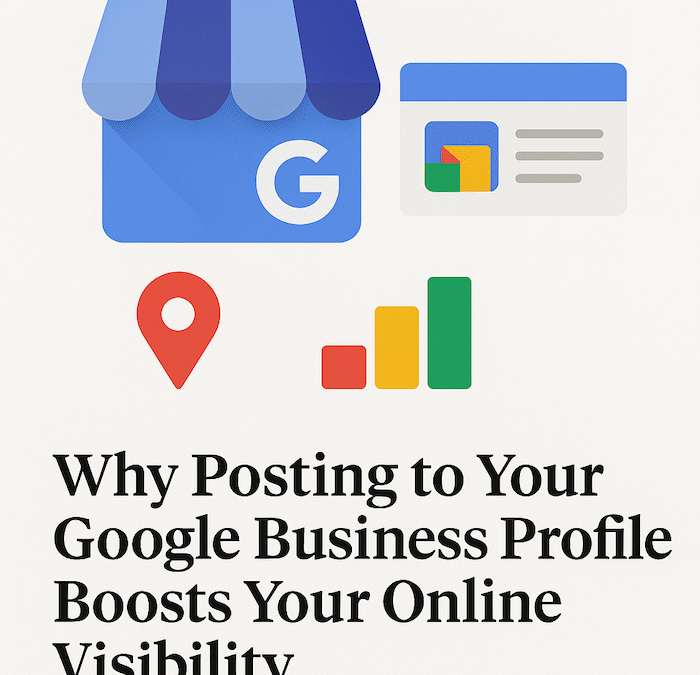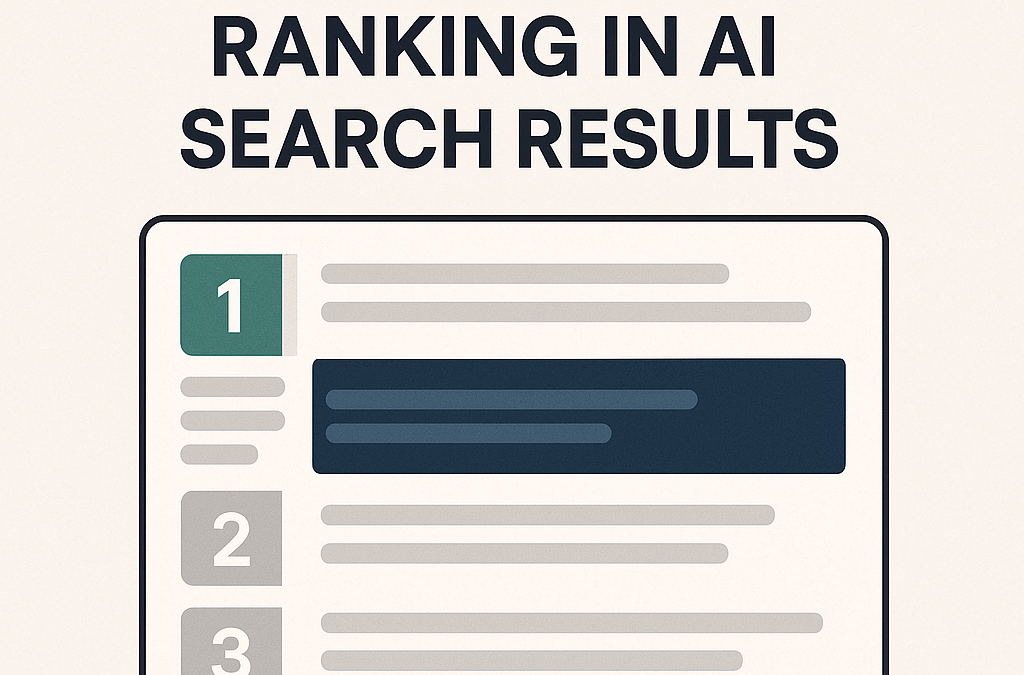Search Engine Optimization (SEO) is an essential component of digital marketing that helps businesses increase their online visibility and drive traffic to their websites. One crucial aspect of SEO is competitor analysis, which involves analyzing your competitors’ SEO strategies to identify opportunities and improve your own SEO efforts.
Competitor analysis can help you understand your competitors’ strengths and weaknesses, identify their top-performing keywords, and determine the best SEO strategies to implement for your own website. In this blog post, we will discuss how to effectively perform SEO competitor analysis.
Identify Your Competitors
The first step in SEO competitor analysis is to identify your competitors. These are the websites that are ranking for the same keywords and targeting the same audience as you. To identify your competitors, start by conducting a simple Google search using your target keywords. Take note of the top-ranking websites and their domain names. You can also use tools like SEMrush, Ahrefs, or SimilarWeb to identify your competitors.
Analyze Their On-Page Optimization
Once you have identified your competitors, the next step is to analyze their on-page optimization. This includes their website structure, content, and metadata. Analyze their website structure to determine how easy it is for users and search engines to navigate the site. Check their content to see if they are targeting the same keywords as you, and whether their content is high-quality and informative. Finally, analyze their metadata to see how they are using title tags, meta descriptions, and header tags.
Analyze Their Backlink Profile
Backlinks are one of the most important factors in SEO, and analyzing your competitors’ backlink profile can help you understand where their backlinks are coming from and how you can replicate their success. Use tools like Ahrefs or Majestic to analyze your competitors’ backlink profile. Look at the number of backlinks, the quality of those links, and the anchor text used in those links.
Analyze Their Keyword Strategy
Analyzing your competitors’ keyword strategy is crucial to understanding how they are ranking for specific keywords and how you can improve your own keyword targeting. Use tools like SEMrush, Ahrefs, or Google Keyword Planner to analyze your competitors’ top-performing keywords. Look at the search volume, competition level, and cost per click (CPC) for each keyword.
Analyze Their Content Strategy
Your competitors’ content strategy can give you insights into the type of content that resonates with your target audience. Analyze the type of content they are producing, whether it’s blog posts, videos, infographics, or social media content. Look at their content frequency, quality, and engagement metrics, such as social shares and comments.
Identify Opportunities and Gaps
Once you have analyzed your competitors’ SEO strategies, it’s time to identify opportunities and gaps in your own strategy. Look for areas where your competitors are ranking well, but you are not. Identify areas where you can improve your website structure, content, and keyword targeting to outrank your competitors. You can also identify gaps in your competitors’ strategies that you can exploit to gain an advantage.
Develop a Plan of Action
Finally, use the insights gained from your SEO competitor analysis to develop a plan of action. This plan should outline the specific actions you will take to improve your SEO strategy and outrank your competitors. This might include optimizing your website structure, creating high-quality content, targeting new keywords, and building high-quality backlinks.
Essential Part of SEO
SEO competitor analysis is an essential part of any successful SEO strategy. It helps you understand your competitors’ strengths and weaknesses, identify opportunities and gaps in your own strategy, and develop a plan of action to improve your SEO efforts. By following the steps outlined in this blog post, you can effectively perform SEO competitor analysis and improve









